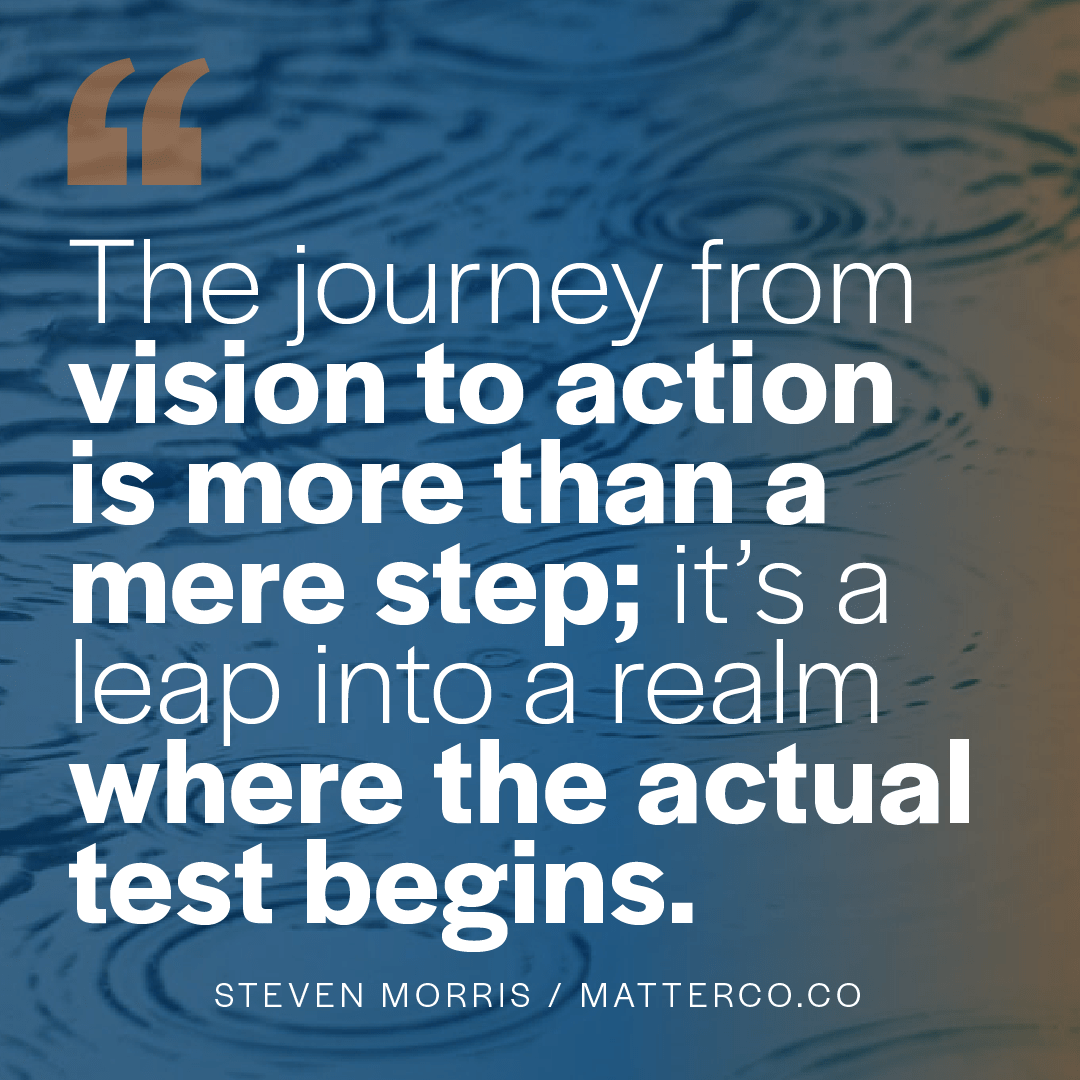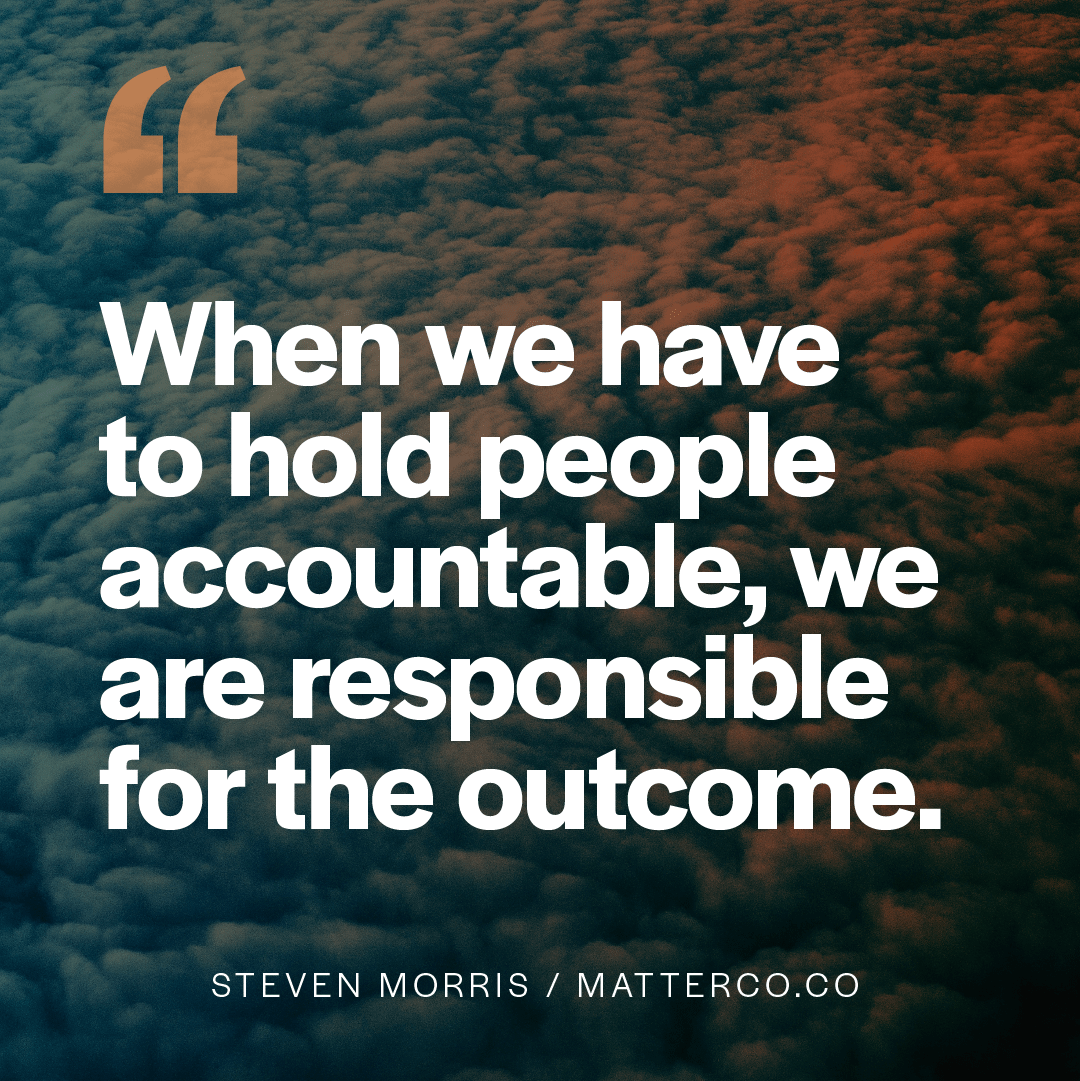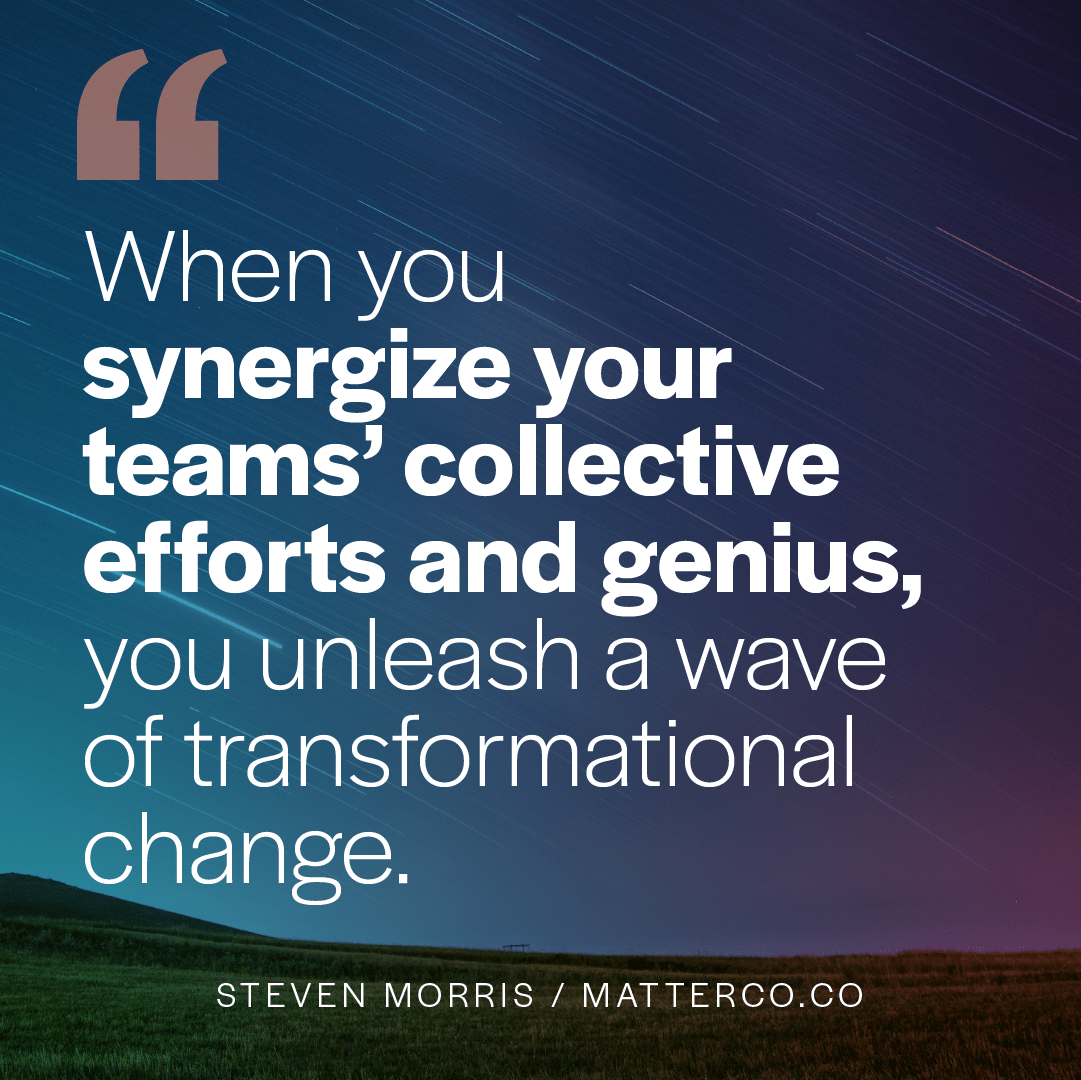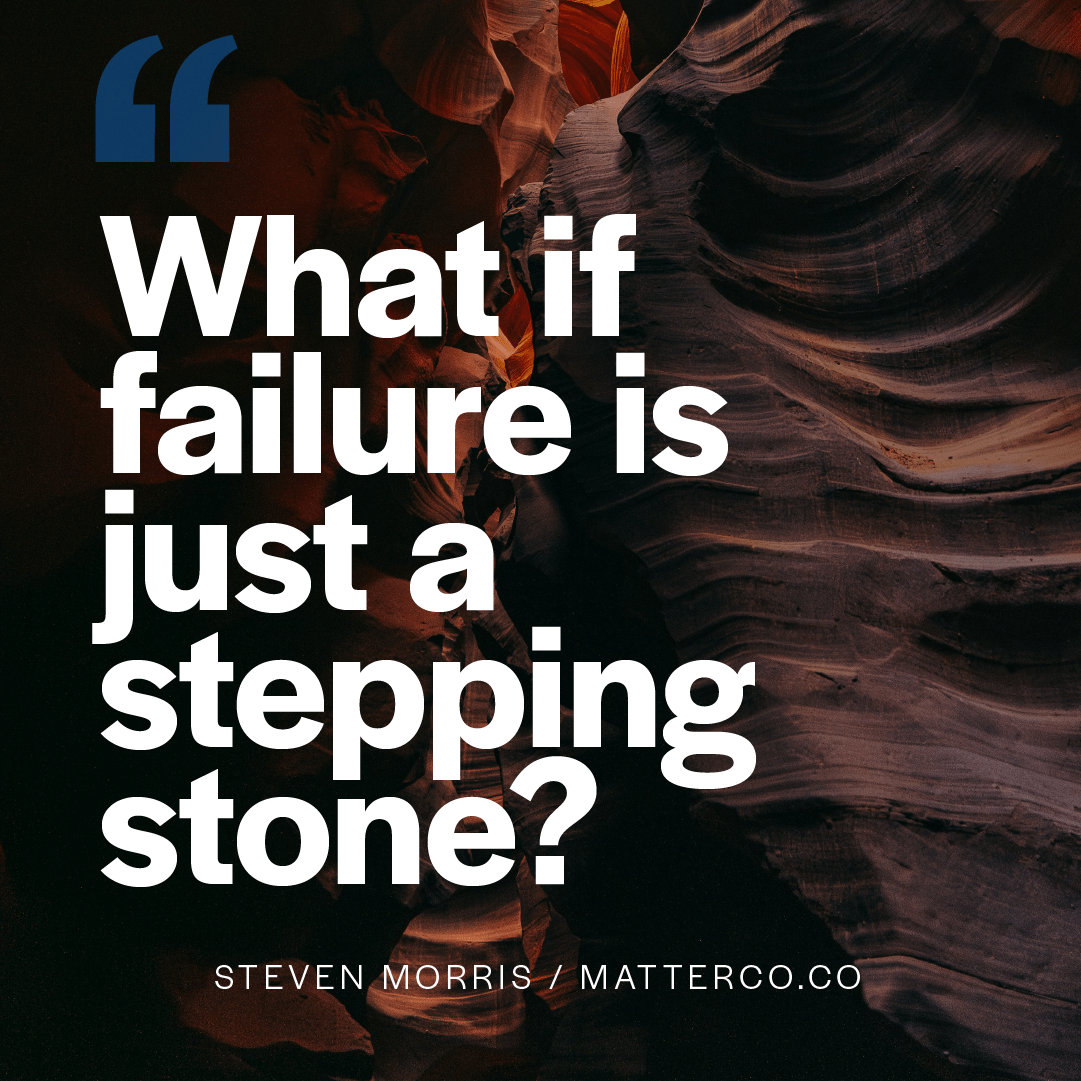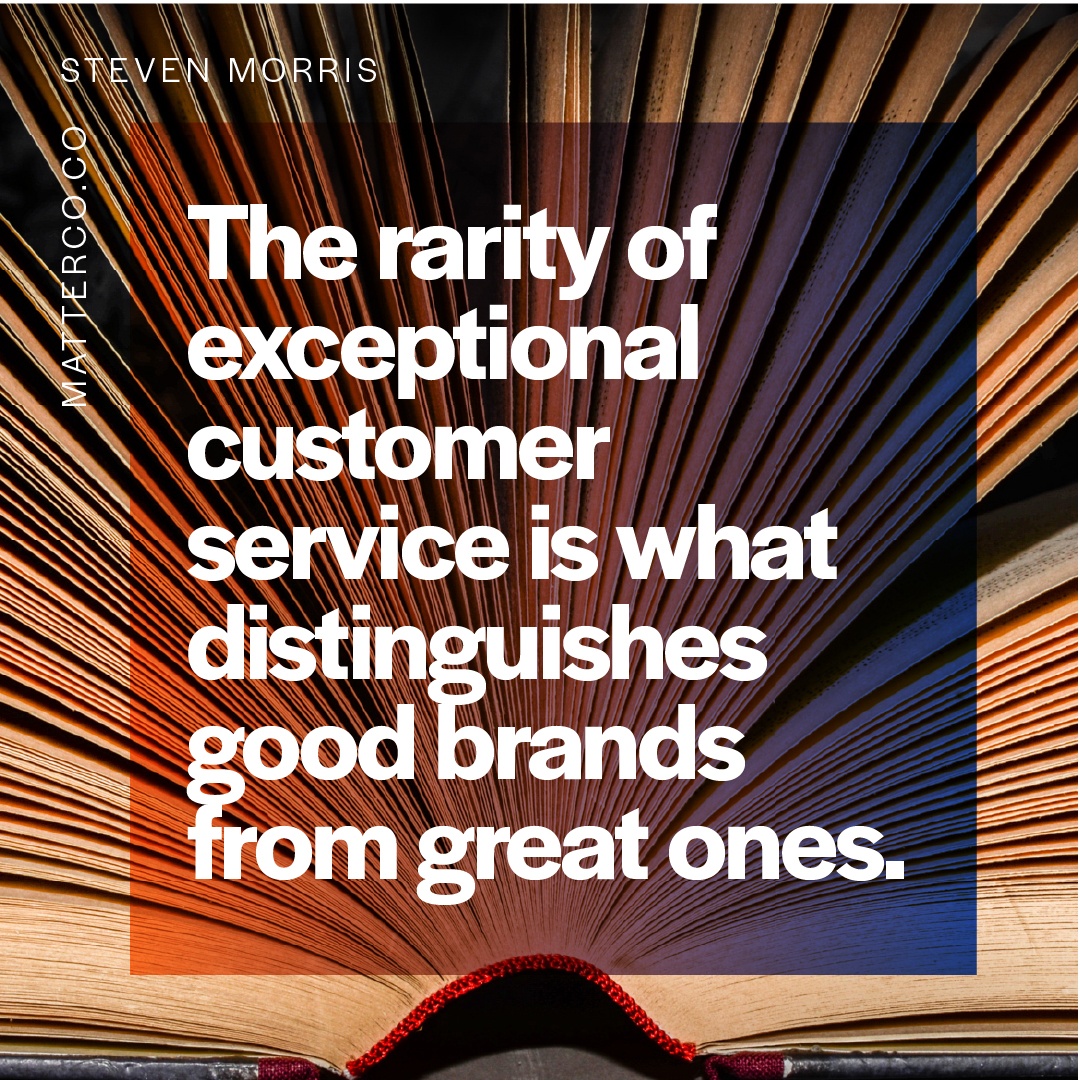
11 Things That Brands Need to Stop Doing at Retail
Every brand faces increased challenges at retail—competition, market and retailer demands, internal challenges like product innovation, and pressures from online retailers. As the threats from online stores increase, brands need to heighten their game and leverage the benefits of brick-and-mortar.
With this in mind, here are 11 things that retail brands need to stop doing in order to have a more engaged customers at brick-and-mortar.
- Stop treating customers as a sale.
Customers are people and should be treated with the care and respect they deserve. If you want their loyalty or even their attention to your product, brands need to provide great value, excellent service and create a trusted relationship.
- Stop taking the typical approaches.
When faced with a market challenge, too many brands respond with decorative surface fixes to products versus real changes in product quality. Real innovation happens when product quality, functionality, and customer value increase.
- Stop treating the salesperson as an employee.
A retail sales associate (RSA), when trained and treated properly, can be a brand’s biggest advocate. Even if they work for a retailer, brands must treat the RSA as a brand representative because they can be. Nurture them like a close friend.
- Stop forgetting to whom you’re selling.
Focusing only on your product and not what your product does to create value for a customer can be a fatal flaw when entering retail.
- Stop confusing people.
People will never purchase a product they don’t understand unless you’re in the junk bond business. Be clear (and powerful) with your brand story and product messaging.
- Stop following the pack.
If your product is indistinguishable from the one sitting next to yours on the shelf—either in packaging or product story—then you are a commodity that can only compete on price.
- Stop selling
Instead of being myopically focused on selling, brands and retailers must start serving customers’ needs. The rarity of exceptional customer service is what distinguishes good brands from great ones. Think: Nordstrom, Apple, and Trader Joe’s.
- Stop thinking of brick-and-mortar as a stand-alone environment
By arming customers, RSAs, and retail environments with digitally connected experiences, brands can bring some of the online shopping benefits (reviews, rich media storytelling, product comparisons, etc.) into retail, thereby capitalizing on more retail sales.
- Stop underestimating the demands of retail
Good retailing involves a nearly endless cycle of buy, market, display, and sell that is particularly demanding, especially for smaller brands. Follow the Boy Scout motto: be prepared.
- Stop un-informing RSAs
I’ve lost count of all the times brands have spent tremendous energy and dollars on a critical product launch and have neglected to close the loop by effectively informing and educating a sales associate. Sales fall off the cliff when a customer is driven into a store by a promotion, only to bump into an un-informed sales associate. The devil is in the details.
- Stop being inconsistent
One of the most common mistakes we see is that brands deploy inconsistent messaging in their above-the-line efforts through their below-the-line communication. As I stated above, customers don’t get confused about purchases. By being consistent in your story, you create clarity and trust—both are essential for sales and loyalty.
Adding to the above recommendations, best-selling author and branding expert, Denise Yohn, in her new book “Extraordinary Experiences: What Great Retail Brands and Restaurants Do” powerfully questions what some claim as the demise of retail.
“It’s true that brick-and-mortar stores have come under fire from many directions. Industry research firm eMarketer projected e-commerce sales to account for $349 billion in 2015, or 5.8 percent of the total U.S. retail market.”
Further, Denise states that brands need to stop making excuses in order to live up to their potential greatness. We completely agree.
To order a copy of Denise Yohn’s new ebook, click here.
To get access to a free chapter from the book and let others know they can do the same click here.
If you want a more trusting team, a culture of belonging or a magnetic brand that attracts more of the right customers, I can help. If you'd like to explore if working together makes sense, drop me a line.




